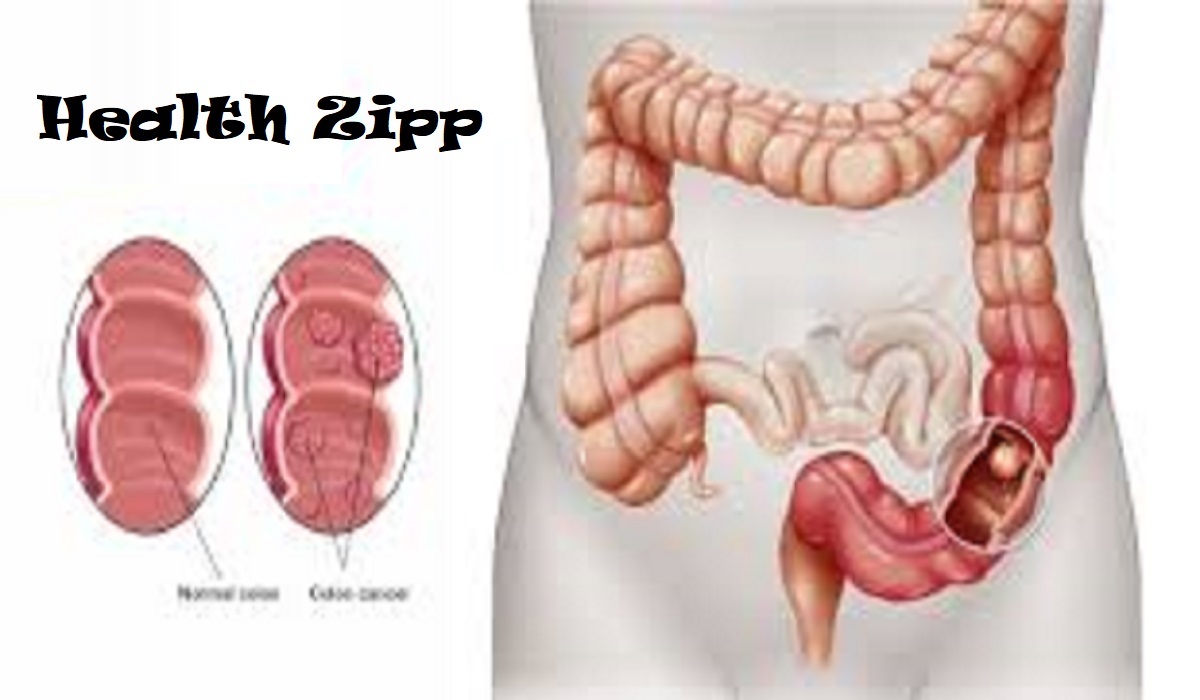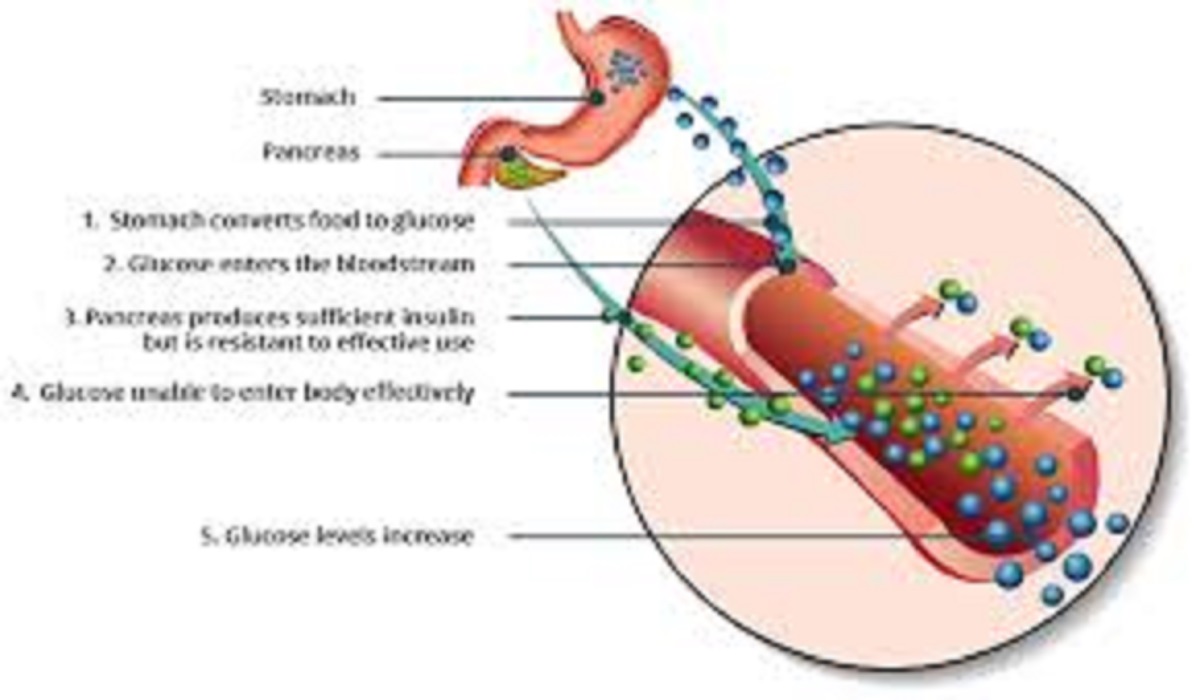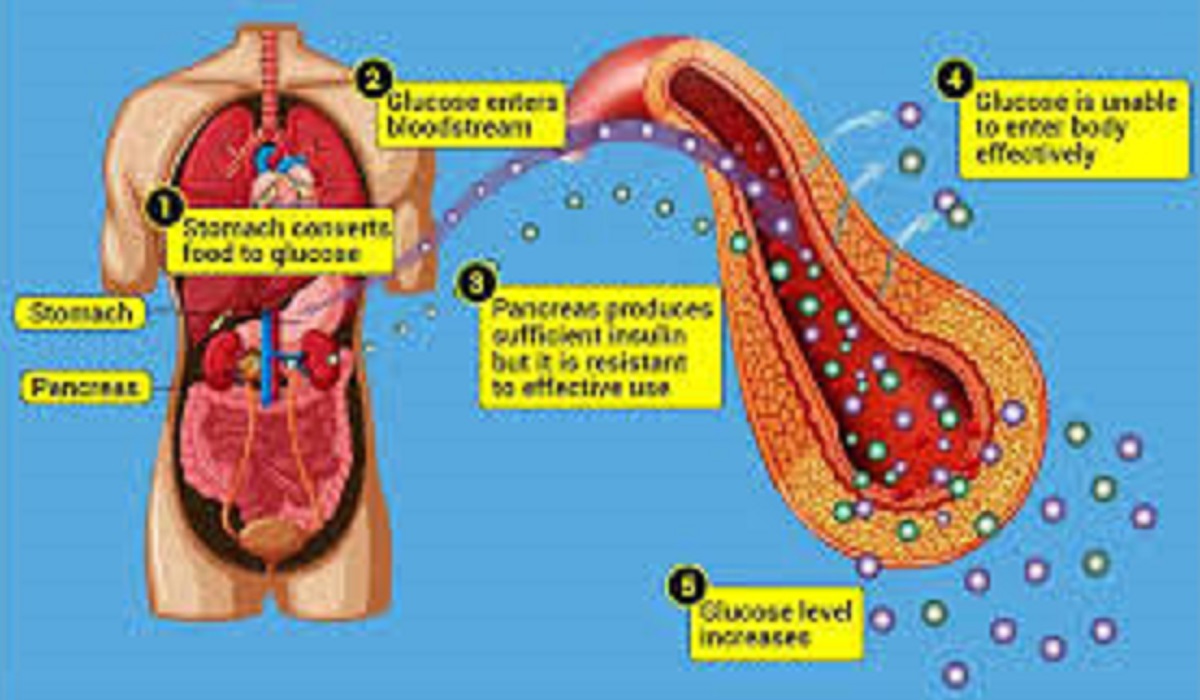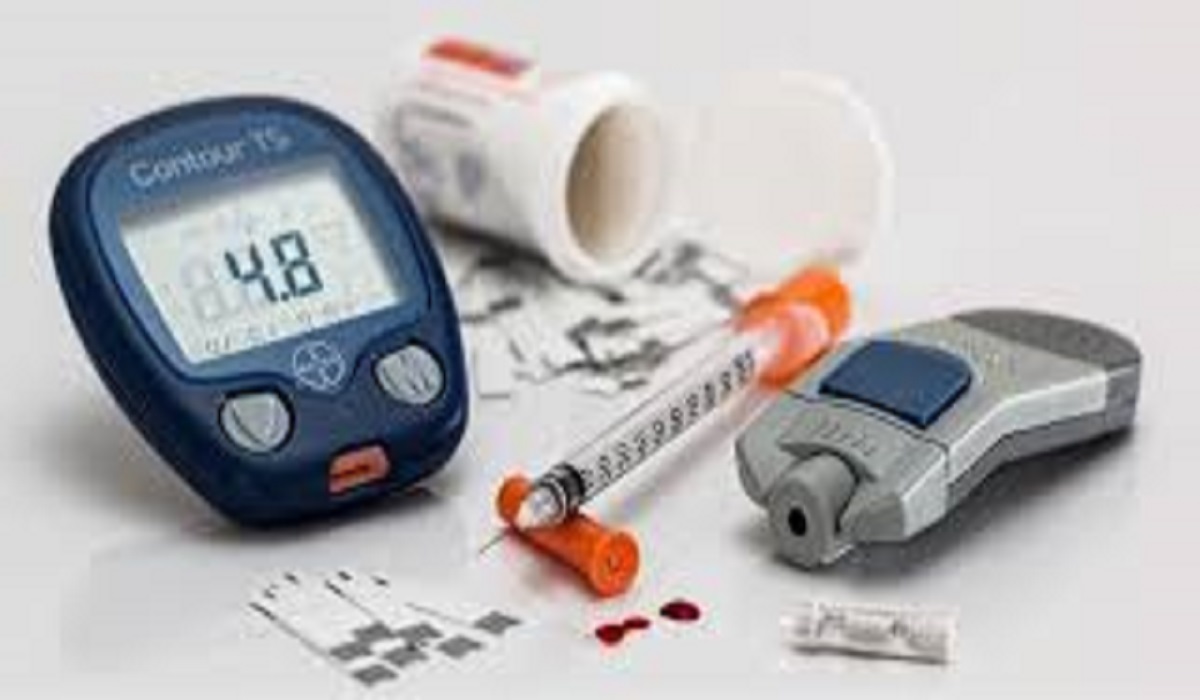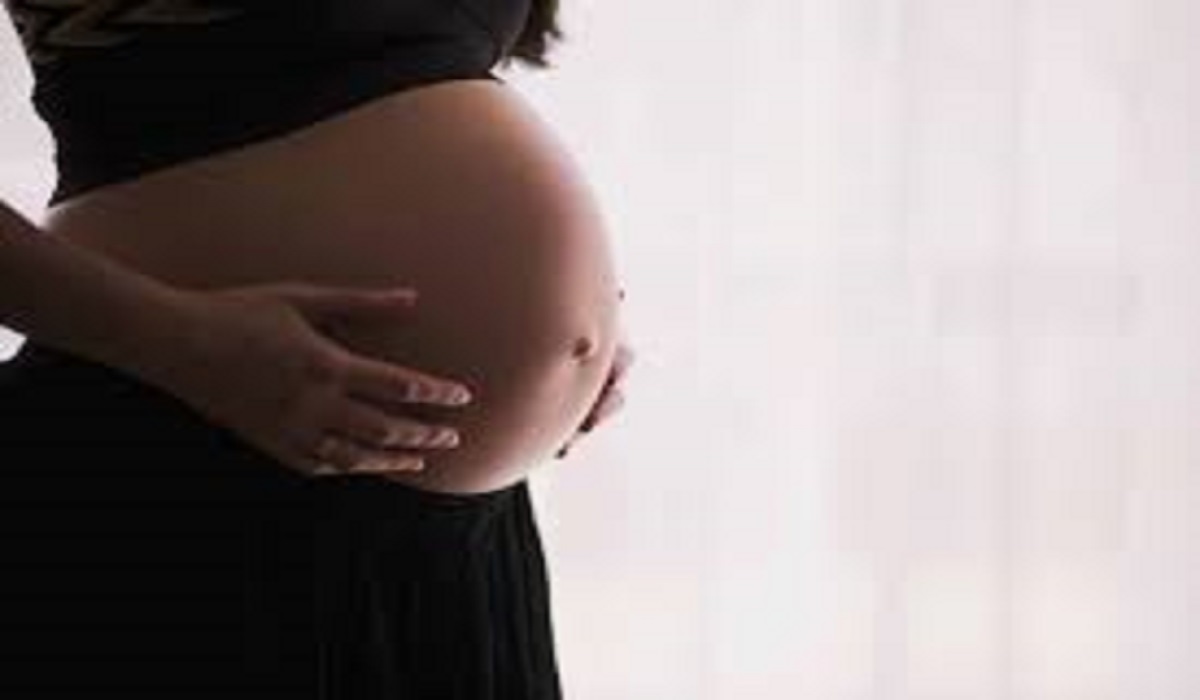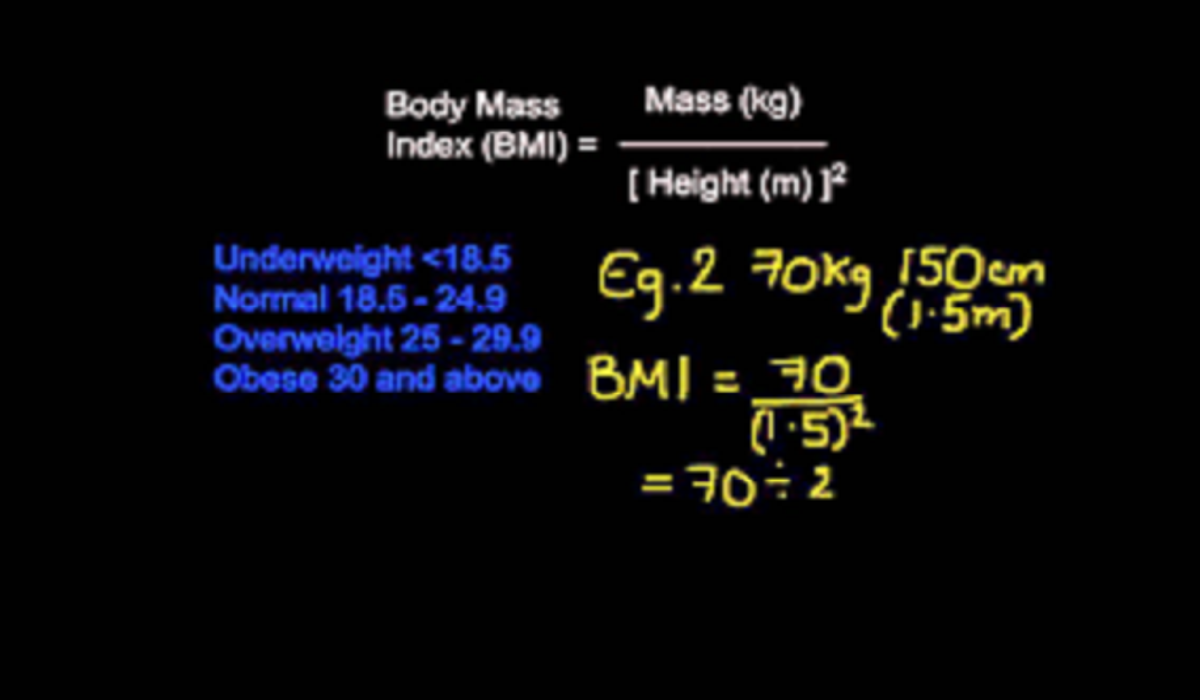7 Symptoms of Colon Cancer
7 Symptoms of Colon Cancer: Colon cancer, also known as colorectal cancer, is one of the most common cancers worldwide. Early detection can significantly improve survival rates, making it essential to recognize the warning signs. In this article, we will explore the 7 key symptoms of colon cancer, supported by real-life examples, to help you stay informed and proactive about your health.
What is Colon Cancer?
Definition and Overview
Colon cancer begins in the large intestine (colon) or rectum and typically starts as benign polyps that may turn cancerous over time.
Risk Factors
- Age (50+)
- Family history of colon cancer
- Inflammatory bowel diseases (Crohn’s, Ulcerative Colitis)
- Unhealthy diet (high in processed meats, low in fiber)
- Sedentary lifestyle
- Smoking and excessive alcohol consumption
Why Early Detection is Crucial?
Early-stage colon cancer often has no symptoms, but as it progresses, warning signs appear. Detecting it early through screenings like colonoscopies can lead to a 90% survival rate.
7 Symptoms of Colon Cancer with Examples
1. Persistent Changes in Bowel Habits
- Symptoms: Diarrhea, constipation, or narrowing of stools lasting more than a few days.
- Example: A 55-year-old man noticed persistent diarrhea for weeks, initially blaming food intolerance. A colonoscopy later revealed stage II colon cancer.
2. Blood in Stool (Rectal Bleeding)
- Symptoms: Bright red or dark, tarry stools.
- Example: A 48-year-old woman saw blood in her stool but assumed it was hemorrhoids. Further tests confirmed a cancerous polyp.
3. Abdominal Discomfort or Pain
- Symptoms: Cramps, bloating, or persistent pain.
- Example: A 60-year-old experienced unexplained abdominal pain for months. Imaging showed a tumor obstructing the colon.
4. Unexplained Weight Loss
- Symptoms: Losing weight without diet or exercise changes.
- Example: A 52-year-old lost 15 pounds in two months. Doctors discovered advanced colon cancer affecting nutrient absorption.
5. Fatigue and Weakness
- Symptoms: Constant tiredness due to blood loss or cancer-related fatigue.
- Example: A 45-year-old felt exhausted despite adequate sleep. Blood tests revealed anemia linked to colon cancer.
6. Incomplete Bowel Movements (Tenesmus)
- Symptoms: Feeling that the bowel doesn’t empty completely.
- Example: A 58-year-old frequently felt the urge to pass stool but couldn’t. A tumor was found blocking the rectum.
7. Iron Deficiency Anemia
- Symptoms: Pale skin, dizziness, shortness of breath.
- Example: A 50-year-old man with no bleeding history was diagnosed with anemia. A colonoscopy identified a slow-bleeding tumor.
When to See a Doctor
If you experience any of these symptoms for more than two weeks, consult a healthcare provider immediately.
Diagnosis and Screening Methods
- Colonoscopy (Gold standard)
- Fecal Immunochemical Test (FIT)
- CT Colonography
- Biopsy
Prevention and Risk Reduction
- Eat high-fiber foods (vegetables, whole grains)
- Limit red and processed meats
- Exercise regularly
- Avoid smoking and excessive alcohol
- Get screened starting at age 45 (earlier if high-risk)
Treatment Options
- Surgery (Tumor removal)
- Chemotherapy (Kills cancer cells)
- Radiation Therapy (For rectal cancer)
- Immunotherapy (Boosts immune response)
Living with Colon Cancer
- Join support groups
- Follow a balanced diet
- Manage stress through therapy
Conclusion
Colon cancer is treatable if caught early. Knowing the 7 key symptoms and seeking prompt medical attention can save lives. Stay proactive with screenings and a healthy lifestyle.
FAQs
1. At what age should I start colon cancer screening?
- Answer: Most guidelines recommend starting at 45, or earlier if you have a family history.
2. Can colon cancer be prevented?
- Answer: While not 100% preventable, a high-fiber diet, regular exercise, and screenings reduce risk.
3. Is blood in the stool always a sign of colon cancer?
- Answer: No, it could be hemorrhoids or ulcers, but it should always be checked by a doctor.
4. How long can you have colon cancer without knowing?
- Answer: Early stages may have no symptoms, but advanced stages show signs within months.
5. What is the survival rate for colon cancer?
Answer: If detected early (Stage I), the 5-year survival rate is 90%. Late-stage drops to 14%.
